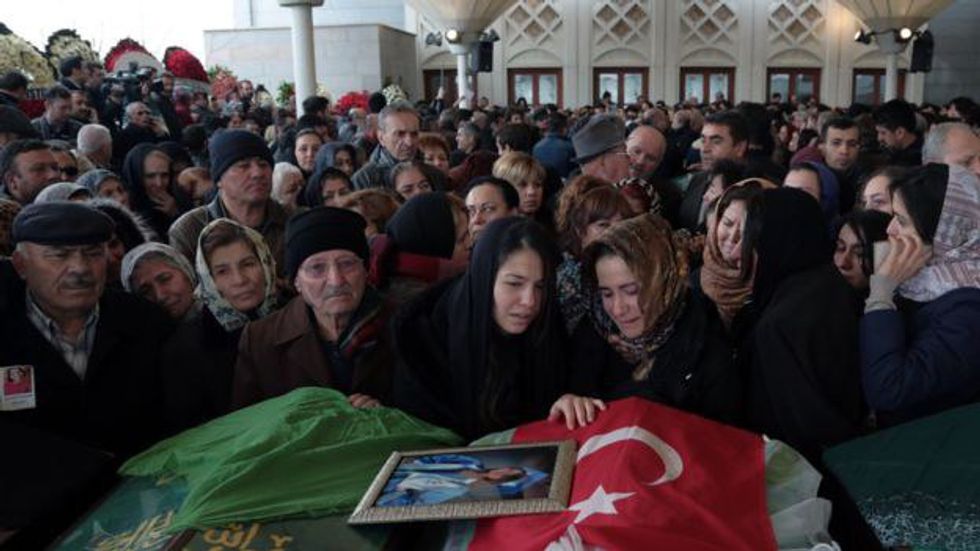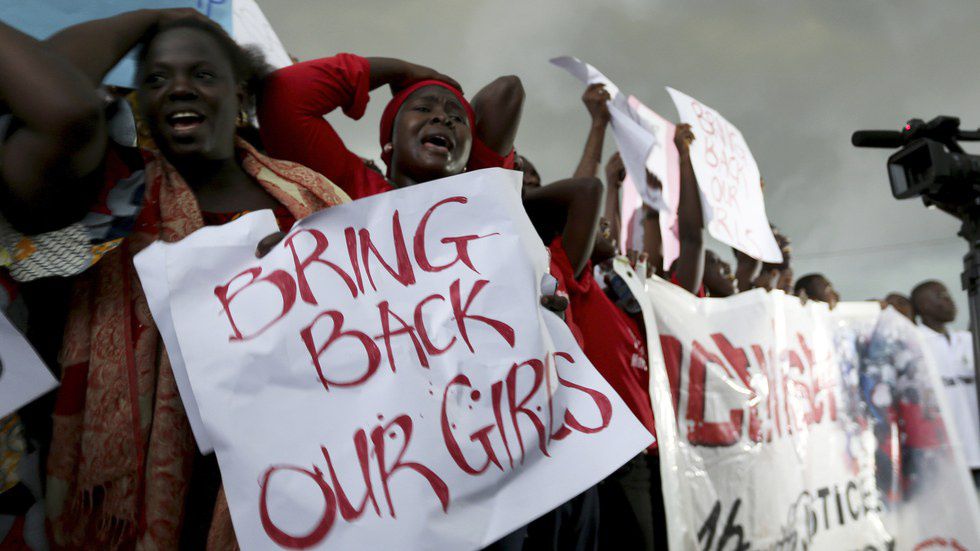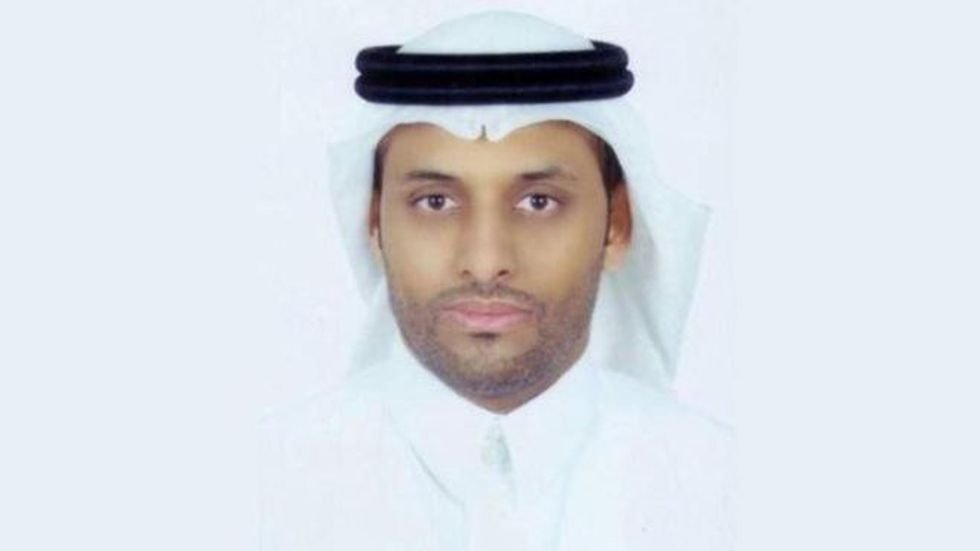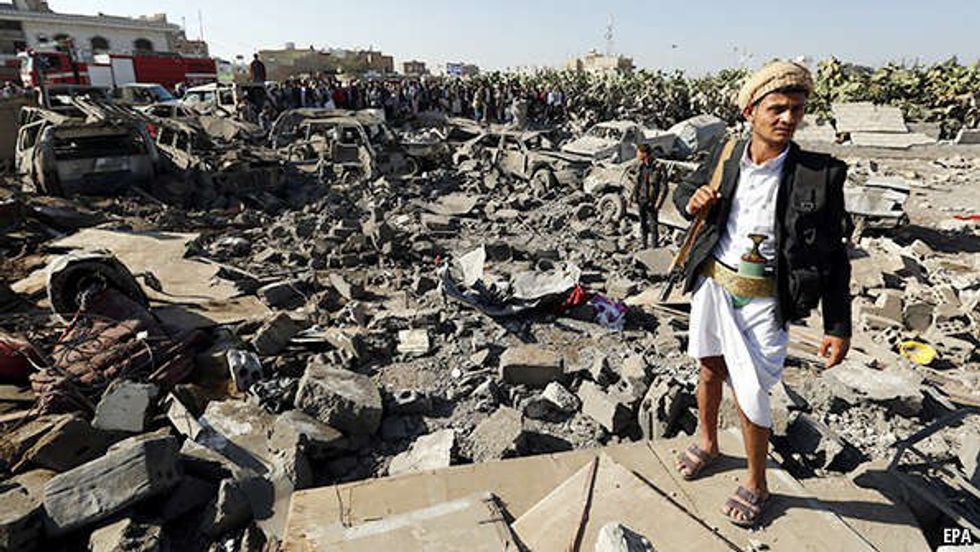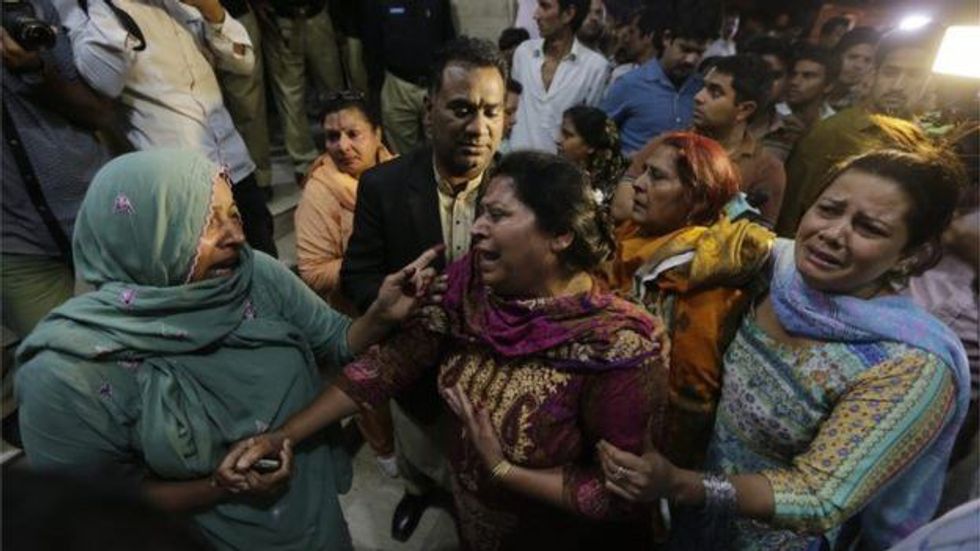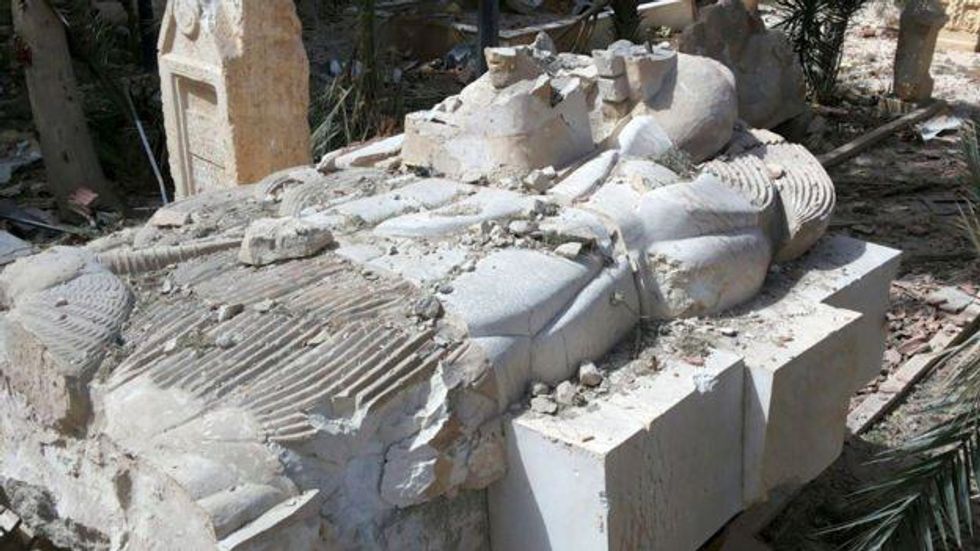In the United States, the news has been clogged with the latest news concerning the presidential race for the past year. From the latest ridiculous thing Donald Trump said to the results of the most recent primary or caucus, that is the meat of political news as of late. For the past few weeks, American news has been kind of slow. However, for the rest of the world, it has been anything but dull.
On March 13, a militant Kurdish group referred to as TAK attacked the capital of Turkey, Ankara. Thirty-seven people were killed by suicide bombers on the streets on Ankara. TAK claimed that the attack was an act of revenge of Turkey's military operations in a Kurdish city. The Turkish government responded with airstrikes in northern Iraq.
On March 22, two explosions killed about 10 people in an airport in Brussels, Belgium. Twenty people were killed in a bombing in a subway near European Union headquarters. More than 230 people were wounded. ISIS claimed responsibility for the attacks. This occurred just days after a suspect involved in the Paris bombing was killed. One of the suspects involved in the Brussels attack is thought to be the last suspect involved in the Paris bombing. There are areas in Belgium with a concentration with jihad militants made of Belgian nationals and North Africans.
On March 24, it was reported that Boko Haram, an African Muslim terrorist group that despises the influx of Western influence, has been forcing girls as young as 12-years-old to be suicide bombers. A Nigerian woman who escaped a Boko Haram camp told BBC that once they find women to be of no more use to them, they make them suicide bombers. In her case, she refused to marry another man after her previous husband, a Boko Haram fighter, left.
On March 25, a journalist from Saudi Arabia was sentenced to five years in prison, a $13.3k fine, and an eight-year travel ban for "insulting the [Saudi] rulers and inciting public opinion." The man, Alaa Brinji, who wrote for several newspapers, was arrested in 2014 on account of his critical Tweets. The court has since ordered for his Twitter account to be terminated. His Tweets consisted of criticisms concerning accusations of the Saudi government killing Shia protesters and the ban of women's allowance to drive. Brinji was also tried for apostasy, an act of rejecting one's nationhood, religion, or political alignment, which is punishable by death in Saudi Arabia. However, he was acquitted due to a lack of evidence. This is an exhibition of the country's attempts to silence public dissent and criticism.
March 26 was the day that the war in Yemen began one year ago. It is a conflict between Houthis, an Islamic group who accused the Yemeni government of being allied with Saudi Arabia and al-Qaeda and a Saudi-led Arab coalition of air strikes on Yemen with Houthi targets. It began when Houthis felt discriminated against and saw the Yemeni government as corrupt. They stormed the capital and placed the president under house arrest. The Houthis came to power, and the government fell, leaving eastern Yemen vulnerable to al-Qaeda influence. The Saudi government became paranoid of Iran, who backs the Houthis, getting control of Yemen, and initiated air strikes. Since the air strikes began, it is estimated that 3,200 civilians have been killed. Yemen was already the poorest nation in the Arab world, and analysts believe the war has rendered Yemen to be unstable for decades to come. Reportedly, children have stopped going to school and are instead joining the fight in the Yemeni civil war.
On March 27, a Pakistani Taliban group sent suicide bombers to attack Pakistani Christians, who are a minority there, celebrating Easter at a park in Lahore. The death toll, which is expected to rise, counts 70 dead, including children, and more than 300 injured. The park was said to have been packed. One witness said, "When the blast occurred, the flames were so high they reached above the trees and I saw bodies flying in the air." Another reported that he took 20 children to a hospital.
On March 27, hours after Syrian soldiers recaptured Palmyra from a 10-month ISIS occupation, pictures surfaced that exhibit the damage ISIS has done to Syria's ancient artifacts and historical sites -- some of the oldest sites that were still in tact today. When ISIS captured the city, they killed an archaeologist who stayed in the area for 40 years.
Oftentimes, Western news ignores the timeline of news in terrorism in the Middle East, Asia and Africa. There was endless coverage of the Paris and Brussels attacks, and those were horrific, but these attacks occur daily in most of the world. Thus, when there is a slow news day in the United States, take a look at BBC World News or Al-Jazeera. Become educated on the world affairs outside of the United States and Europe, and further realize how different our world is from most of the other human beings on this planet.




